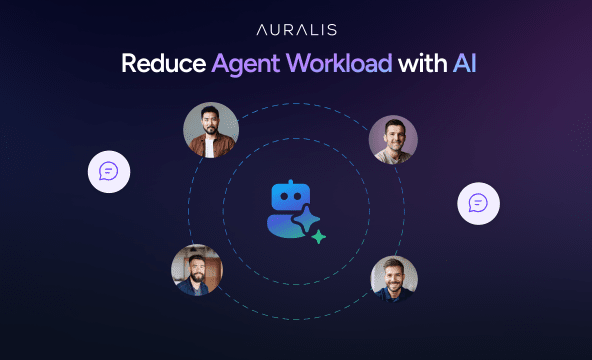Stress reduction with AI
Stress reduction with AI involves leveraging artificial intelligence technologies to identify, manage, and alleviate stress in both individuals and organizations. With the increasing recognition of mental health as a critical factor in overall well-being, AI has emerged as a powerful tool to support stress management strategies and improve emotional health. From personalized stress-relief recommendations to AI-driven virtual assistants and wearable technology, AI offers a wide range of solutions designed to reduce stress in an efficient and effective way.
One of the primary ways AI contributes to stress reduction is through personalized wellness recommendations. AI-powered apps and platforms can analyze an individual’s behavior, mood, and stress levels by tracking factors like sleep patterns, physical activity, and social interactions. Based on this data, AI can offer tailored suggestions for stress management, such as relaxation techniques, exercise routines, or mindfulness practices. These recommendations can be continuously refined as the AI system gathers more data, making the guidance increasingly accurate and relevant over time.
AI also plays a key role in real-time stress monitoring. Wearable devices, such as fitness trackers or smartwatches, can measure physiological indicators like heart rate, blood pressure, and skin temperature to detect signs of stress or anxiety. When elevated stress levels are detected, the AI system can alert the user and suggest immediate actions to calm down, such as deep-breathing exercises, meditation, or taking a short walk. By offering real-time interventions, AI helps individuals manage stress as it arises, preventing it from building up and causing long-term negative effects on mental and physical health.
Virtual stress management assistants powered by AI are another effective tool for stress reduction. These AI-driven systems can engage in conversations with users, offering emotional support and guidance on how to manage stress. Through natural language processing (NLP) and sentiment analysis, virtual assistants can detect when a person is feeling stressed or overwhelmed and provide comforting, empathetic responses. Some AI systems even offer cognitive behavioral therapy (CBT) exercises, mindfulness techniques, or breathing exercises, all of which can be practiced virtually to manage stress in real-time.
AI-based therapy chatbots also provide accessible, scalable mental health support. These chatbots can offer cognitive behavioral coaching, emotional validation, and stress-relieving activities at any time of day, helping individuals manage stress before it escalates. The anonymity and convenience of interacting with an AI-based chatbot provide users with a non-judgmental space to express their feelings and receive helpful coping strategies. These chatbots are especially beneficial for people who may be hesitant or unable to access in-person therapy due to time constraints, social stigma, or financial limitations.
In workplace settings, AI plays a significant role in reducing stress by improving work-life balance and streamlining tasks. AI-driven tools can automate repetitive and time-consuming tasks, freeing up employees to focus on higher-level work and reducing job-related stress caused by burnout and overload. Additionally, AI systems can help managers track employee well-being through data analytics, enabling them to identify potential stressors within the workplace and implement preventive measures, such as workload adjustments or additional support resources.
AI can also enhance mental resilience training by providing customized programs that help individuals build coping mechanisms and stress-management skills. These programs may include interactive activities, video content, and guided exercises designed to teach users how to better manage stress. By using AI to personalize these programs, individuals receive the most relevant and effective training for their unique needs, improving their ability to manage stress in the long term.
Moreover, AI can help improve sleep quality, which is closely linked to stress levels. AI-powered sleep apps and devices can analyze sleep patterns and offer insights into how users can improve their sleep hygiene to reduce stress. These systems may recommend adjustments to bedtime routines, environmental factors, or lifestyle habits to promote better rest. Since poor sleep is a major contributor to stress, improving sleep quality through AI-driven insights can have a significant impact on overall stress reduction.
In conclusion, stress reduction with AI involves using advanced technologies to detect, monitor, and mitigate stress through personalized support, real-time interventions, and accessible resources. AI-powered tools, from virtual assistants and wearable devices to therapy chatbots and personalized wellness programs, provide individuals with the means to effectively manage stress and improve their mental well-being. As AI continues to evolve, its role in stress reduction will expand, offering even more sophisticated solutions to help individuals lead healthier, more balanced lives.

- Articles
-
 Amy
Amy
- 7 min read
